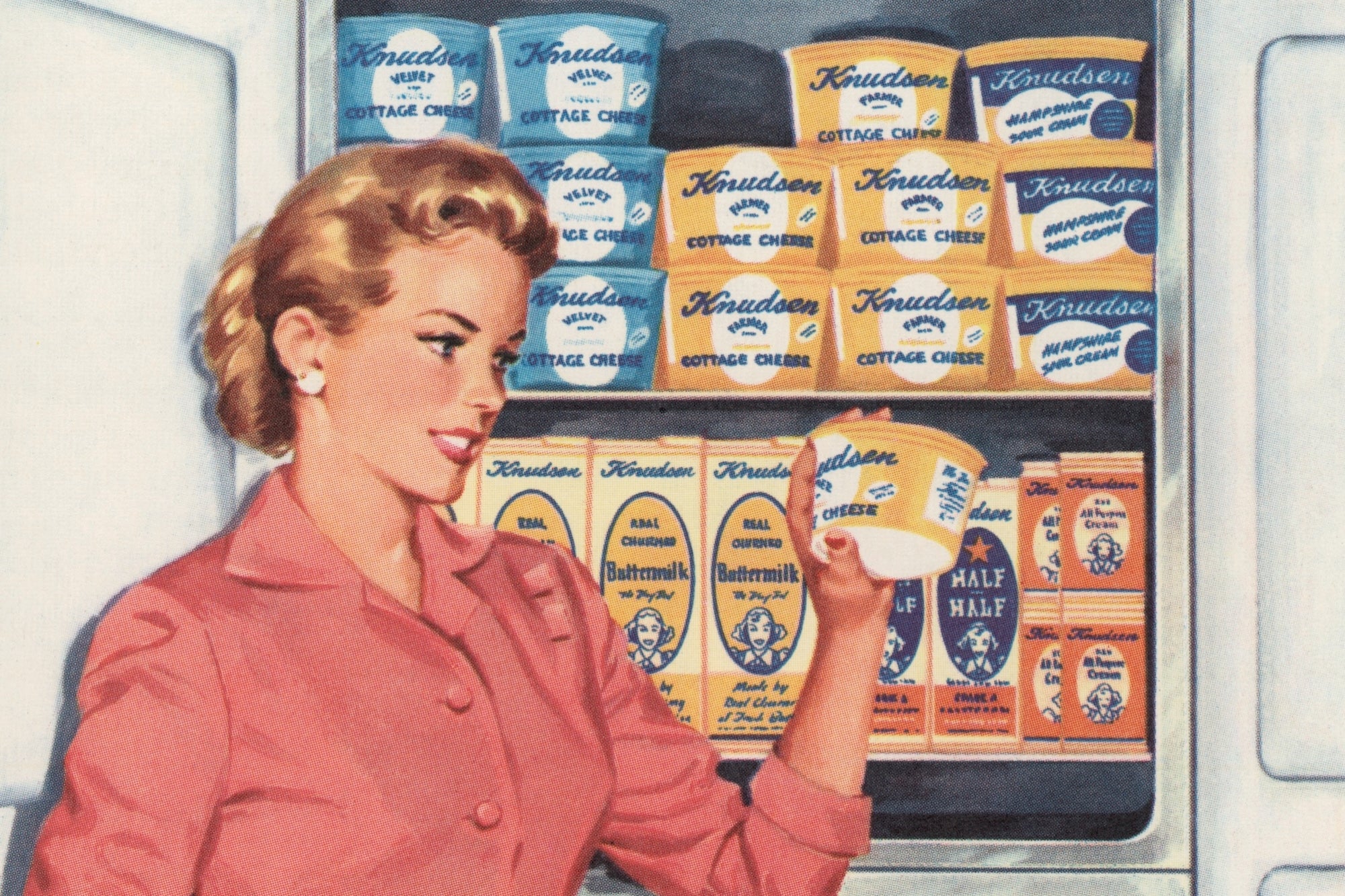How to Compete with the Big Chains? Think Locally With the nation's biggest retailers stocking their shelves with specialty items, the threat to mom and pop merchants is disconcerting. And while size matters, there are ways local retailers can take advantage of their less imposing presence.
Opinions expressed by BIZ Experiences contributors are their own.

What do you do as a small, independent retailer when a major food chain, big-box store or national franchise becomes a direct competitor? All along you've been specializing in items that aren't in the mainstream but sell well, and then some big outfit like Sears or Walmart decides they're going to horn in on your action.
A perfect example is Kroger, the Ohio-based supermarket chain that recently began offering natural foods inside half of its 2,500 stores, setting aside aisles now designated as Nature's Markets. When this happens, what can you as a specialty retailer do to remain in business and retain your dominance in any niche market?
Your first reaction might be to lower prices in order to compete with the big stores. But that's like bringing a knife to a gunfight. There's no way you'll ever compete on price. Yet there are steps that specialty merchants can take in order to maintain position. Here's a list of things your business can do to maintain the customers you already have and win even more business when being forced to compete with a national chain:
- Connect with locals using social media. Large chains and franchises typically do a terrible job of maintaining social media profiles in the local communities where they have stores. Set yourself apart by ramping up local engagement via Facebook, Twitter, Pinterest and YouTube.
- Blog locally. If the big boys even have a blog, they're not likely spending time focusing on local issues. By frequently blogging about topics that your local customers actually care about, you increase your store's odds of generating positive local search results online. And you're telling your customers they should have more -- not less -- information about the products and services you sell.
- Support local causes. National chains move slowly, especially when it comes to sponsoring or supporting local events. As a local yourself, pay attention to what's coming up on the local events calendar and join up with civic-minded organizations that are targeting the same people who might like to buy your products or services. Supporting local causes endears your brand among your target demographic.
- State your differences as positives. Don't bash the competition -- either in front of your staff or with customers. Instead, point out the clear differences between your offerings by speaking in positives, not negatives. For example, "Featuring locally-sourced ingredients that are healthy for you and your family since 1997" is a better message than "Buy local!" or "You call that organic?"
- Use size to your advantage. In most cases, everything you see on the shelves of a big box or chain store, or being sold or offered by a franchise, is there because one person -- a national buyer or category manager -- approved it. You, however, can start selling a new item on a moment's notice. By specializing in the niche items that helped you build your enterprise, you'll continue to drive business in your direction.
What would you add to this list? Let us know in the comments section below.










